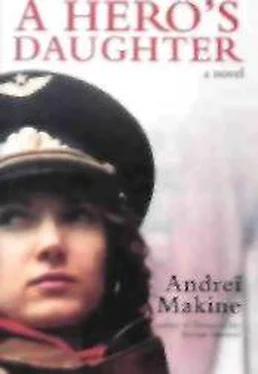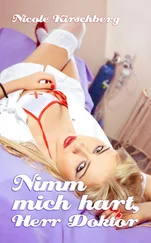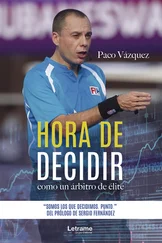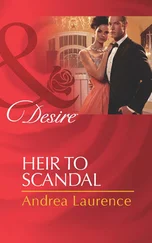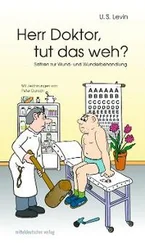Andrei Makine - A Hero's Daughter
Здесь есть возможность читать онлайн «Andrei Makine - A Hero's Daughter» весь текст электронной книги совершенно бесплатно (целиком полную версию без сокращений). В некоторых случаях можно слушать аудио, скачать через торрент в формате fb2 и присутствует краткое содержание. Жанр: Современная проза, на английском языке. Описание произведения, (предисловие) а так же отзывы посетителей доступны на портале библиотеки ЛибКат.
- Название:A Hero's Daughter
- Автор:
- Жанр:
- Год:неизвестен
- ISBN:нет данных
- Рейтинг книги:5 / 5. Голосов: 1
-
Избранное:Добавить в избранное
- Отзывы:
-
Ваша оценка:
A Hero's Daughter: краткое содержание, описание и аннотация
Предлагаем к чтению аннотацию, описание, краткое содержание или предисловие (зависит от того, что написал сам автор книги «A Hero's Daughter»). Если вы не нашли необходимую информацию о книге — напишите в комментариях, мы постараемся отыскать её.
Andrei Makine gained international recognition only when his fourth novel, Le Testament Francais, won two prestigious prizes. Famously, the refugee from the Soviet Union who wrote in French hadn't been able to get his first novel published until he pretended it was translated from "the original Russian" by the mythical "Francoise Bour".
It's a cute story, but why has that one, A Hero's Daughter, suddenly come out in English 14 years after publication? Are the translator and/or publishers jumping on a bandwagon in the light of later prizes awarded to them both?
At 163 elegant pages, and featuring only two central characters – that is, "without the bewildering patronymics or the excessive length" of most Russian novels (a grab on the back cover) – A Hero's Daughter lightly realises huge moments in recent Russian history.
Starting with the atrocious encounters between Germany and Russia in World War II, when existence was a frozen trench and the lads are kept going with vodka and blind loyalty ("For Stalin's sake it all made sense…"), it skips over 40 pretty good years to bring the eponymous hero into the '80s, the era of Gorbachev and perestroika.
Life starts changing in ways incomprehensible to an old soldier, if 53 can be called old. Ivan feels old because he is a veteran, and because, by great good luck, he was made a Hero of the Soviet Union for simply surviving the Battle of Stalingrad. The real act of heroism that he did commit, no one ever saw. But Ivan has a precious Gold Star to prove the benevolent idiocy of the authorities, and he will never sell it, not even to numb his misery with vodka after his wife dies in their backwoods village, when life holds nothing for him.
Well, not nothing. Although their son died, Ivan and Tatyana had a daughter, Olya, a model child who studied hard and went away to Moscow to become a translator. By now, Western snouts are poking greedily into Russian troughs and there is plenty of work for a girl who knows a language or two. And who is prepared to go the extra mile – the businessmen staying in the huge hotels expect more than mere translation. The valuta they pay for services rendered means that Olya can shop at the Beriozki shops for luxury goods only available in Western currency.
Deep down she doesn't approve of this lifestyle, although perhaps it is justified by the small-time espionage she can engage in while her drugged clients are snoring. It all makes sense for the New Russia's sake. Though it would kill her father if he were to find out. She'd drop it all anyway, the moment she found a nice boy to marry.
While Olya is ambivalent about her compromises, Ivan gets some real shocks. For the first time he is no longer trotted out to speak to local schoolchildren about his role in the great battle; and in Moscow one of his old mates spills the beans on what translators really do. Ivan gets drunk and goes berserk. The damage he does in a Beriozka becomes a radio news item, and grounds for Olya's rich Russian "fiance" to give her the flick, even though she's just survived an abortion with complications. All she wants to do is to shuck off her sordid life and take her father back to the village, where she can look after them both. Unfortunately, he dies suddenly of a heart attack. Olya sleeps with a man one last time, in order to raise the money for the coffin – flogging the Gold Star doesn't do it.
The stories of Ivan and Olya are truly tough, but strangely uplifting. Life in the Soviet Union was never easy, and whatever benefits rampant capitalism might be about to provide lie outside the novel's time-frame.
Meanwhile, the penury, shortages and brutal hardship that drive ordinary citizens to alcoholism and prostitution are countered by some kind of irreducible humanity. Olya emerges as an innately good girl who will one day find her proper level; Ivan is moved by an untutored morality based on vague but sound instincts. Their friends are all pals to them and to each other.
The human face of Soviet society may have been covered with warts, but virtue of a sort shone out of it, as it also does from this deceptively slight, excellently translated, and deeply involving first novel.
